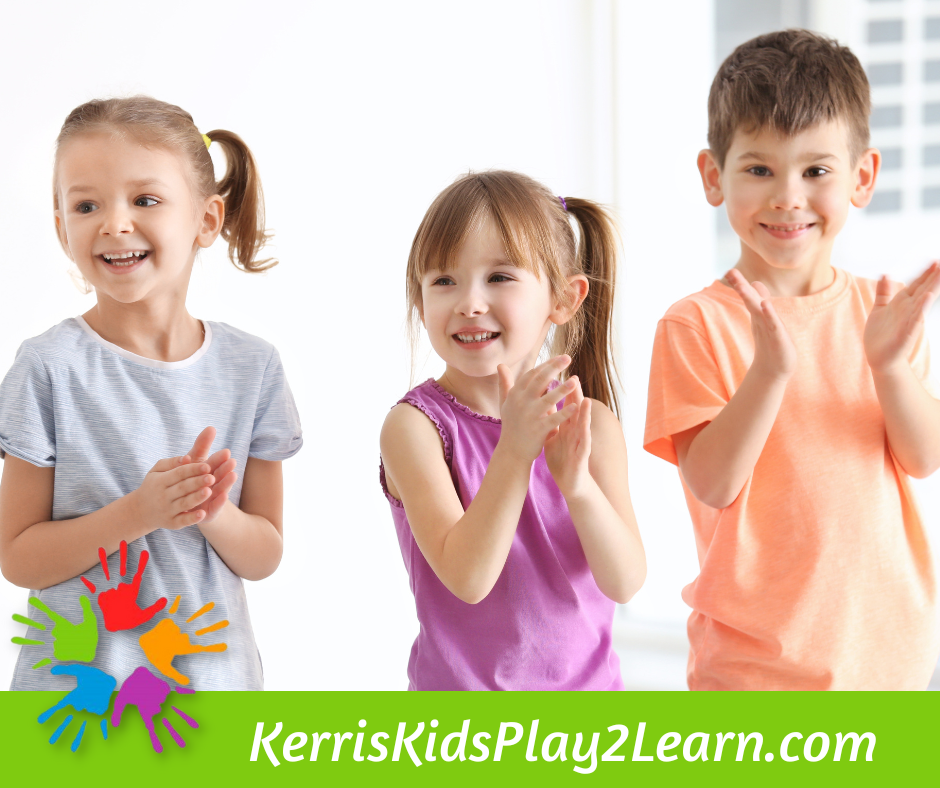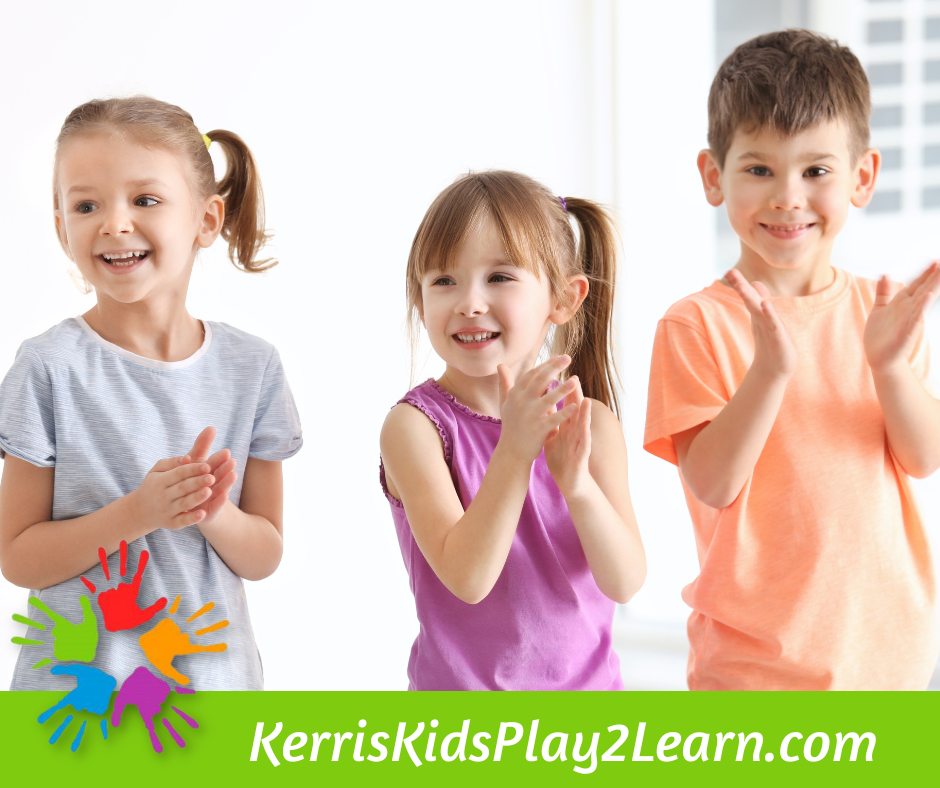
I’m going to ask you a question, and it may seem silly…do you know the muffin man???
When I ask that question, your first thought is probably “What is Kerri talking about?”. Next, you may think about the popular childhood song, and before you know it, the melody and lyrics are running through your head. You likely learned that song as a child, possibly before you were even speaking in sentences. And yet, it comes back to us on the flip of a dime, all these years later. What else can you remember from when you were a baby or a toddler? Probably very little. For most of us, songs are our first memories, and they stay with us for life.
Music is incredibly powerful in the minds of young children. For our youngest learners, music can teach us sounds, phonemic awareness, rhythm, and melody. The repetitive patterns in music help children remember words and phrases.
And if your child’s speech is delayed, then music becomes an even more powerful tool. Music and language are processed in overlapping parts of the brain. So when speech is not coming naturally for a child, music can be a gateway to the language center in the brain. Many children find singing easier than talking.
In my play groups, I use music as a learning tool. We start off every play session with the “Hello Song”, where I sing the lyrics “Do you know this friend of mine, friend of mine, friend of mine”, and then I hold up a picture of the child and have them identify themselves. By doing this, I’m linking words, melody, and visuals together. The Hello Song is sung to the melody of “Do you know the muffin man?”. It’s a memorable and catchy tune!
Have you ever wondered why the ABC song has the same melody as “Twinkle Twinkle Little Star”? It’s because we learned the melody of twinkle twinkle as babies, and when it came time to learn the alphabet, the familiar song and melody helped us to learn our ABCs!
I use songs when transitioning activities, when it’s time to find a chair, and throughout our play. Once I’ve been with a child for a few play sessions and I know they are familiar with the songs, I will stop singing at random places and let them fill in the gaps. Whether it’s one word, two words, or even just a sound, it’s a starting place and they feel proud that they were able to join in!
I never change the wording of the songs, because routine, structure, and consistency breeds language skills and confidence in knowing what’s coming next.
It’s incredible to see firsthand the power of music in language development. My heart swells when a child hums or sings along, and most importantly, I know that we are playing and having fun while learning important new skills!

